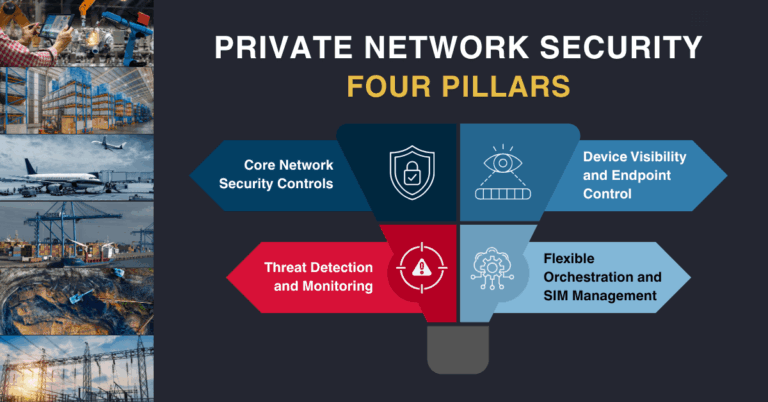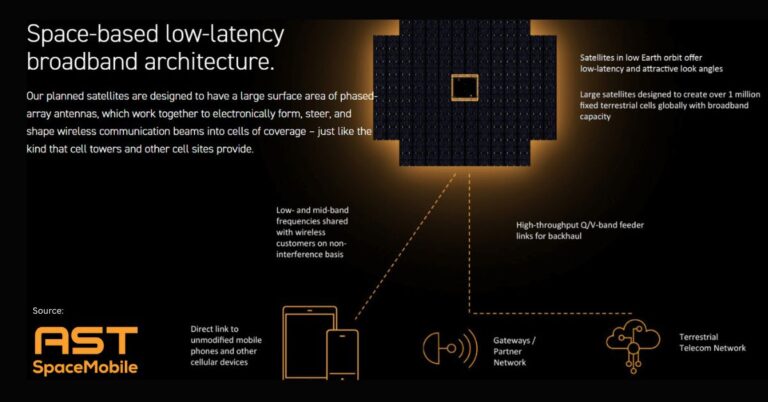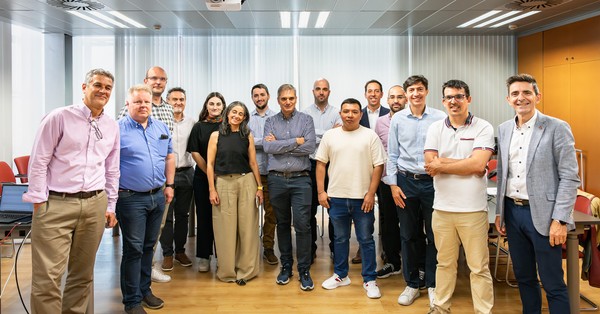The IMDEA Networks Institute has partnered with Telefonica, NEC Corporation, and BluSpecs to launch the ENABLE-6G project, an ambitious initiative that seeks to address the challenges that future 6G networks will encounter. These challenges include enhanced connectivity, heightened performance requirements, and sophisticated object and environment detection and communication. The European Union-NextGenerationEU and the Ministry of Economic Affairs and Digital Transformation, within the Recovery, Transformation, and Resilience Plan (PRTR) framework, provide funding for this project.
As 5G technology continues to fuel edge computing and autonomous vehicles, researchers and industry professionals are already looking towards the development of 6G technology. The ENABLE-6G project is critical for addressing capacity, energy efficiency, latency, and data security and privacy issues. To realize the future vision, 6G networks need to be more adaptable and intelligent, capable of handling increased complexity, contextualization, and data traffic while consuming less energy and providing stronger security and privacy measures. These advancements are essential for building trust in the widespread deployment of next-generation devices and nodes.
A key objective of the project is to embed advanced privacy protections into the architecture, addressing the growing concerns surrounding precise mapping and sensing, data privacy, and security. The project also aims to design and implement software-defined networks that can optimize edge-to-cloud processing to enable time-sensitive and geographically distributed network orchestration, such as through control-task algorithms.
The ENABLE-6G project marks a significant advancement in 6G technologies, aiming to enhance wireless communications, enable environmental sensing, and substantially reduce the energy footprint per device to prevent a significant increase in overall network power consumption. The collaborators are eager to explore the project’s potential impact and work together to achieve its goals.
Telefonica, a private R&D center in Spain, focuses on discovering and developing new technologies and solutions to enhance its existing products and services while identifying new business opportunities in telecommunications and technology. NEC Corporation, a major participant in the project, has a strong commitment to R&D and heavily invests in innovative technology solutions.
ENABLE-6G relies on IMDEA Networks’ exceptional scientists, one of Spain’s top innovation and development centers, featuring experts from around the world. Additionally, the project will receive consultancy from BluSpecs, which helps facilitate the digital transformation of private and public organizations through the application of knowledge, data, and methodologies in strategy, new technology implementation, and innovation.







































